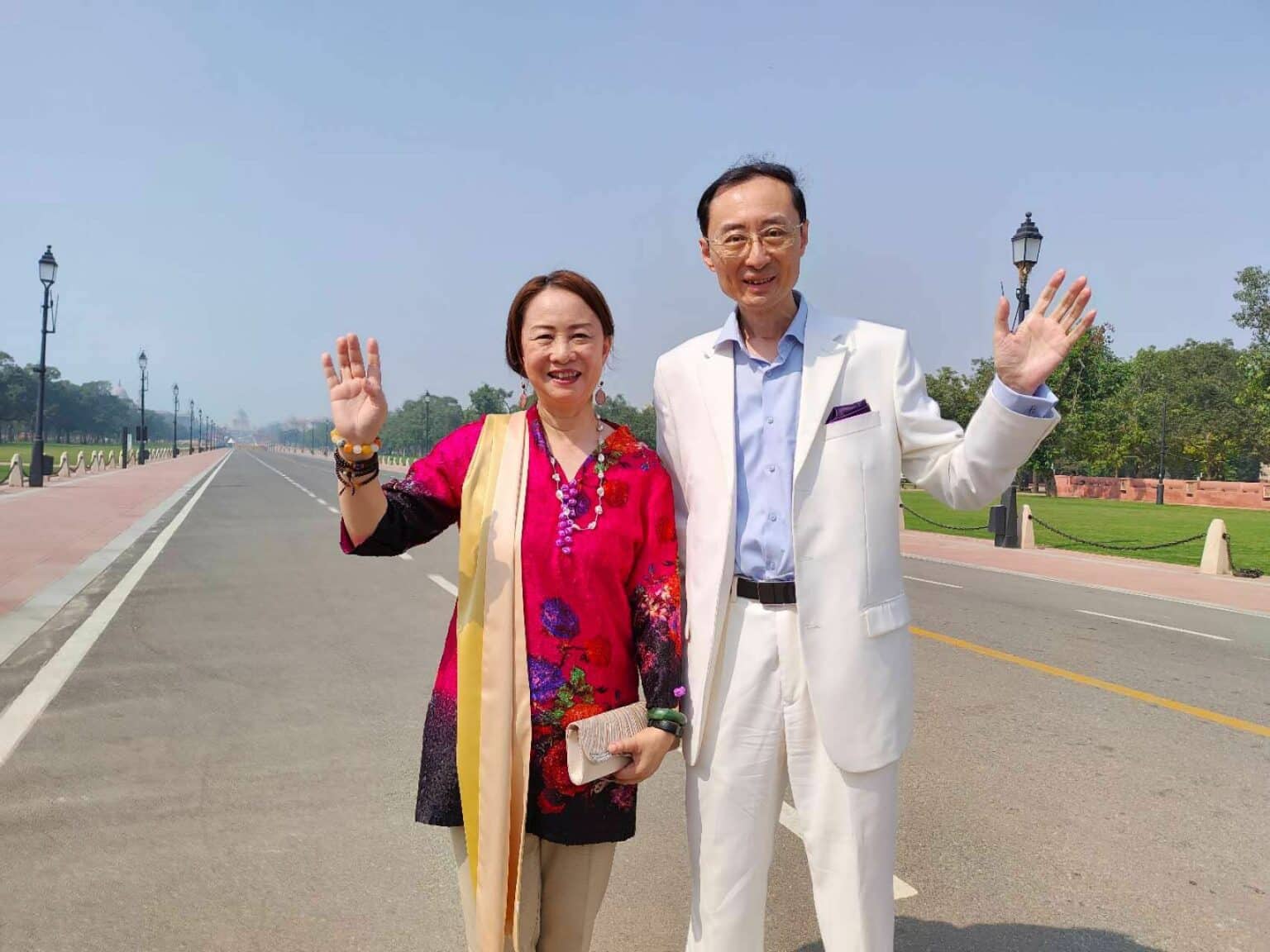On finishing his three-year tenure, Chinese Ambassador to India, Sun Weidong urged both states “not to interfere in each other’s internal matters”, while showing respect for their political systems. Along with this, the Ambassador called on India and China to “resolve” their matters and differences via diplomatic ways.
“The key is how to manage the differences. We should be aware that the common interests of the 2 nations are greater than the differences. Meanwhile, the two sides should strive to manage & resolve differences, & look for a proper solution through dialogue & consultation, instead of defining China-India relations by differences”.
“The two nations need to respect each other’s political systems & development paths, & uphold the principle of non-interference in each other’s internal affairs”.
The question here is, Will China listen to its Ambassador and keep its nose to itself and not interfere in India’s home matters? Everyone is aware of the calculations of the bilateral ties between India and the People’s Republic of China, as well as Beijing’s “self-seeking” favors toward Pakistan.
It is to be noted that during the tenure of Weidong in the country, India and China faced the Galway valley standoff of 2020, leading to more stressful relations between both states.
The Ambassador during his farewell speech further noted, “China & India have been neighbors for thousands of years and will continue to be neighbors in the future. If the Western theory of geopolitics is applied to the China-India relationship, then major neighboring states like the USA will inevitably view each other as threats & rivals. Consequently, competition & confrontation will be the primary mode of interaction, & a zero-sum game will beat the inevitable result”.

China’s stance over matters concerning India has always been hypocritical, especially in terms of terrorism. This all happens when China talks about strengthening relations with New Delhi.
Speaking on making India-China relations more strong, the Ambassador asserted, “To date, over 1800 visas have been issued to the Indian students, & we hope there will be more & more exchanges of visits between our two peoples”.
Quoting one of the famous sayings of Rabindranath Tagore on Geopolitics, the Ambassador noted, “The famous Indian poet Rabindranath Tagore said that – we Easterners can neither borrow the minds of the West nor the temperament of the West. We need to discover our own right to be born with. I fully agree with him”.
Weidong lived in India for three years and three months with his wife as a Chinese Ambassador. While leaving the country on October 26, Weidong tweeted, “Bid farewell to all my friends in India. Thank you for your kind support to me and my wife in the past 3 years & 3 months. Wish you good health, happiness, and prosperity. May our friendship everlasting!”.
“Honoured to bid farewell to External Affairs Minister Dr. Jaishankar. Appreciate the assistance and support rendered by the MEA during my tenure”.
Indian Foreign Minister, Dr. S.Jaishankar meeting the outgoing Ambassador Weidong, wished him good luck and outlined key elements responsible for India-China relations development, noting that ‘peace and tranquillity are significant in the border areas.
India is not a strategic rival or competitor of Beijing
Just after the statement of Weidong, the Chinese envoy to Bangladesh, Li Jiming gave a remark stating that New Delhi is neither a strategic rival nor a strategic competitor of Beijing. He then hoped not to see the Bay of Bengal as “heavily armed”, adding both states can work better on their geopolitical issues.
“Personally, I am a big fan of India. We can work together more closely to resolve our economic and geopolitical issues. China believes we should solve our regional problems in an Asian way, not by following the – standard practice in Europe or South America”.
Besides this, the Ambassador to Bangladesh denied China’s debt trap policy, saying there’s no such thing, and that Beijing has always worked and has been in favor of “joint development” with the neighboring countries, including Bangladesh.
The Indian Express quoted him saying, “There is no Chinese debt trap in Bangladesh. There is no Chinese debt trap globally”.
Then keeping his viewpoint on the role of South-Asian countries in the ongoing Russia-Ukraine war, Jiming noted that China expected the states of the region not to react in a negative way as some of the European countries are doing and play a “positive role”.
Read More: Better bones make a better life












